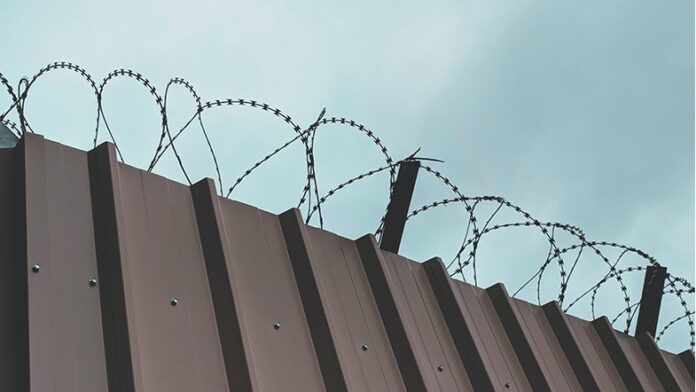Source: Amnesty International NZ
Three reports out from the Office of the Inspectorate reinforce what organisations working in the criminal justice space have been repeatedly raising with the Department of Corrections: our prison system is causing further harm to our wāhine.
A special investigation into the management of three wāhine at Auckland Region Women’s Corrections Facility (ARWCF) has detailed a range of serious issues across the prison, from use of force procedures, segregation, to the complaints system, where the report found complaints were frequently not dealt with in accordance with policy.
Another Inspectorate report, The Lived Experience of Women in Prisons, found issues across the national system. From bullying, healthcare, to strip searches including one instance where a woman who was still bleeding after giving birth was required to be strip searched.
Amnesty International Aotearoa New Zealand Executive Director Meg de Ronde says the reports confirm what we along with many others in the community have been hearing and raising for some time.
“With reports clearly showing issues across the system, I hope it now means we can put to rest the idea that issues being raised in different prisons are isolated instances.”
Meg de Ronde, Executive Director Amnesty International Aotearoa New Zealand
“Looking at the investigation into three wāhine at ARWCF it is clear the prison system has been causing harm. We know the Government is doing work focused on better supporting women in prison, and while this is welcome, we’d like to see more detail about how this work will be monitored and made transparent so that we can see what’s happening.”
Crucially, de Ronde says, while this broader work is underway, it must be coupled with immediate work to address urgent human rights issues.
“Last year reports of incredibly disturbing practices at ARWCF came to light, including cell buster extractions where pepper spray is hosed into a cell and the practice of compelling people to lie down on the floor to receive meals. Many months after a District Court Judge found the former practice constituted excessive force and the latter degrading and inhumane, clarity is still needed on whether these practices have been prohibited. We expect, like most people, that everyone, especially people living and working in prison, are treated with care and dignity.”



